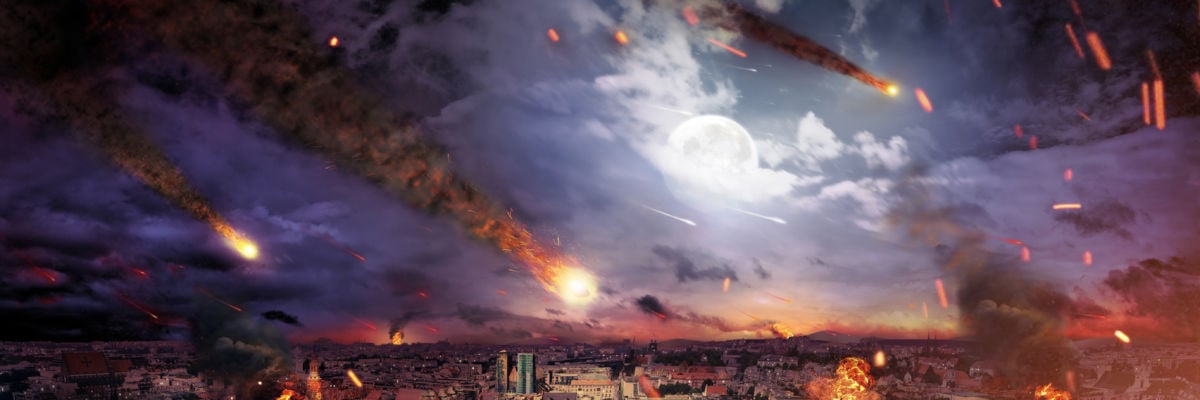
Question:
Answer:
There is no single mandated interpretation of all the details in this passage. However, one authentically Catholic interpretation of the passage might run as follows:
Early in the Christian age, Satan was bound (20:1-2) for “a thousand years,” signifying a long but indefinite period (just as the assertion that God owns “the cattle on a thousand hills” means he own the cattle on all the hills—a large but indeterminate number).
Jesus himself had promised the binding of the devil—the “strong man”—as a precondition for the spreading of the gospel (Mt 12:29 in context). In Revelation, the devil is depicted as shut up and sealed in the abyss (v. 3a). Incorporeal spirits such as the devil do not actually occupy space and cannot be “shut up” in spatial reasons, so the meaning of this is that he can no more deceive the “nations” (or “gentiles”—the word is the same in Greek) until the thousand years is over (3b).
The result is that the gospel can be preached and spread until that time. Afterwards, there will be an apostasy among the nations/gentiles, when the devil will be able to deceive them into turning against the true God (3c).
In the meantime, God has set up the thrones of the saints in heaven (cf. 4:4)—especially those who had withstood the persecutions of the early Church and been beheaded under the pagan emperors. They spiritually came to life and reigned with Christ in heaven for the duration of the millennium (20:4). The dead as a whole, however, were not resurrected until after the millennium (5a).
The spiritual resurrection experienced by the saints in heaven is known as “the first resurrection” (5b), and it signifies that one will not be cast into hell to experience “the second death” (6).
After the millennium, the devil, released from his bondage, is again able to deceive the nations/gentiles and gather them against God’s people (7–8). But they are destroyed by Christ at the Second Coming and cast into hell (9–10).



